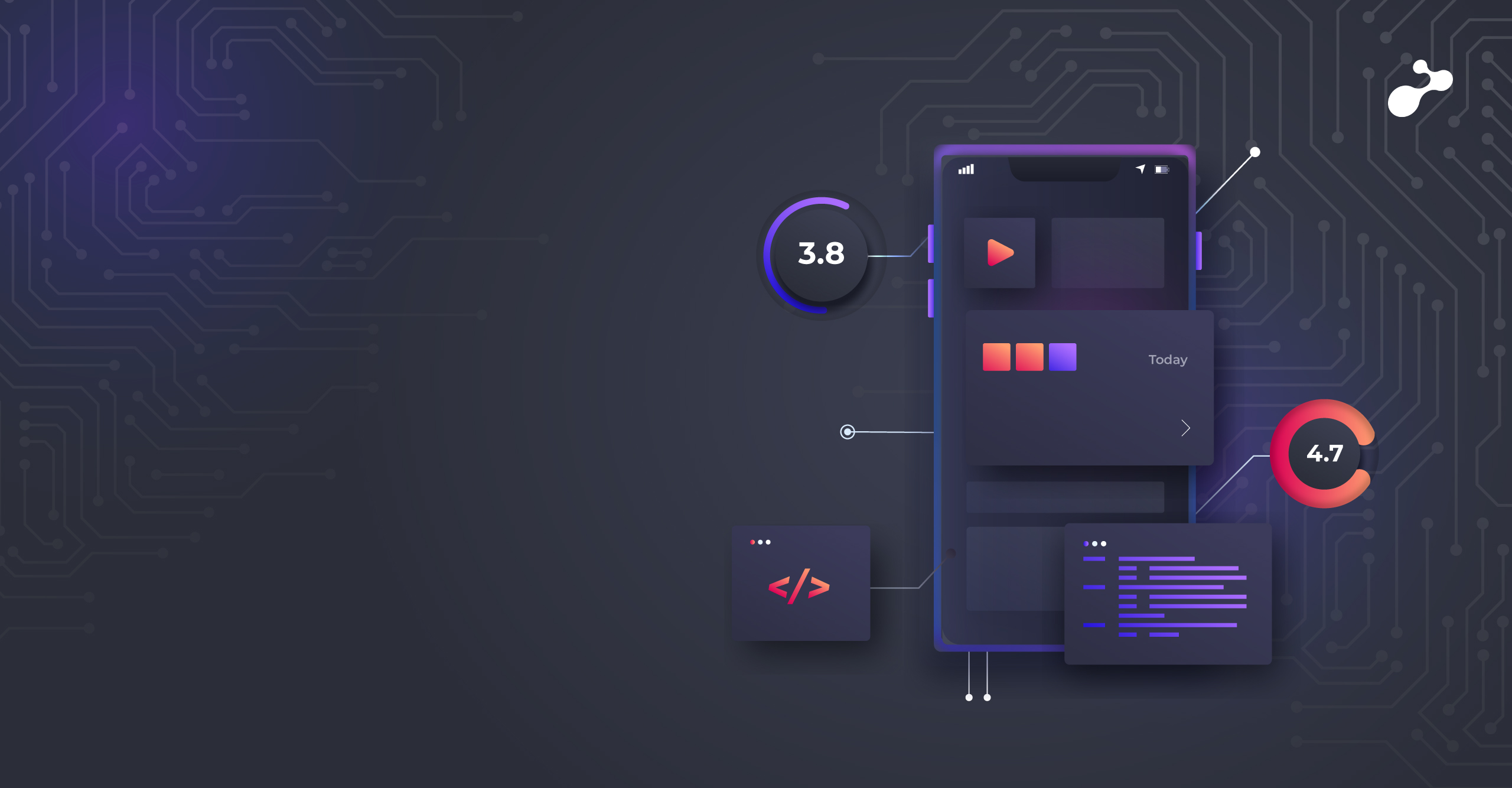The expectation for 'Anywhere-Anytime' services has become quite evident in today’s digital world, with consumers seeking convenient, seamless, and responsive experiences from the comfort of their homes, on-the-go, or wherever they are. These expectations encompass a range of industries, from e-commerce and banking to healthcare and education, and more. The question is: how can organizations keep up with these demands? To meet the evolving customer expectations, organizations must embrace a Digital-First mindset, taking a step away from traditional approaches to business. This is where Digital Engineering comes into play, enabling organizations to accelerate their transformation journey and deliver innovative and tailored solutions to their customers.
The six key elements in meeting and exceeding the 'Anywhere-Anytime' service expectations through Digital Engineering include:
- Integrating Disruptive Technologies: Digital Engineering encompasses a spectrum of technologies, including Artificial Intelligence and Machine Learning (AI/ML), Cloud Computing, the Internet of Things (IoT), Data Analytics etc. Leveraging these technologies, businesses can build infrastructures that facilitate remote accessibility, automation, and personalized services. These technologies empower organizations to enhance their products and services, deliver more value to customers, and gain a competitive edge in the market. Such capabilities are fundamental in meeting the 'Anywhere-Anytime' service expectations.
- Customer-Centricity and Agility: A customer-centric approach means understanding the evolving needs and preferences of your target audience and tailoring your digital solutions to meet those expectations. This approach, coupled with agility, ensures that businesses can adapt swiftly to market changes and customer demands. Design thinking also plays a crucial role in this approach by placing the end-user's experience at the forefront of product development. Digital Engineering services can efficiently employ customer feedback loops and agile methodologies to iteratively adapt and enhance digital solutions, while incorporating design thinking principles to prioritize user experience.
- Real-Time Responsiveness: 'Anywhere-Anytime' service expectations also involve real-time interactions and responsiveness. Digital Engineering allows organizations to incorporate features like AI-driven chatbots, virtual assistants, predictive analytics, and automatic updates to meet these requirements. Timely responses to queries and quick resolution of issues can ultimately lead to improved customer satisfaction and enhanced customer experience.
- Personalization: The integration of Digital Engineering services facilitates real-time customization, personalized recommendations, and a seamless customer experience across various digital touchpoints. Through the implementation of innovative solutions such as AI/ML, and data-driven insights, businesses can gather and analyze vast amounts of customer data and obtain a deeper understanding of individual preferences, behaviors, and needs. By utilizing this information, organizations can tailor their products and services to align with the unique preferences of each customer. This not only enhances customer satisfaction but also fosters stronger brand loyalty, as customers feel more valued and understood in their interactions with the business.
- Seamless Accessibility: Digital Engineering empowers organizations to build platforms and applications that are accessible through various devices. This not only ensures compatibility but also provides a consistent user experience across different channels from any location and at any time. Whether it's a desktop computer, a smartphone, or a tablet, customers can interact with the service without any hindrance.
- Security & Reliability in the Digital Sphere: With the increasing reliance on digital platforms, ensuring the security and reliability of services is non-negotiable. Digital Engineering integrates robust security measures, including encryption, authentication protocols, and secure data storage, to safeguard sensitive information. Moreover, it ensures the reliability of services, minimizing downtime and disruptions. This commitment to security and reliability builds trust with customers, assuring them that their data and interactions are in safe hands.
In conclusion, meeting 'Anywhere-Anytime' service expectations in the digital era requires a comprehensive approach that embraces Digital Engineering principles. By integrating advanced technologies, prioritizing customer-centricity, ensuring real-time responsiveness, enabling seamless accessibility, implementing personalization, and upholding security and reliability, organizations can not only meet but exceed the expectations of today's digital consumers. Adopting Digital Engineering services empowers organizations to enhance customer experiences, ultimately fostering customer retention and acquisition, while catering to customer demands at all times and at all locations. This strategic shift ensures their continued relevance and competitiveness against more technologically advanced counterparts, as they stay attuned to the ever-changing needs of their customers.









